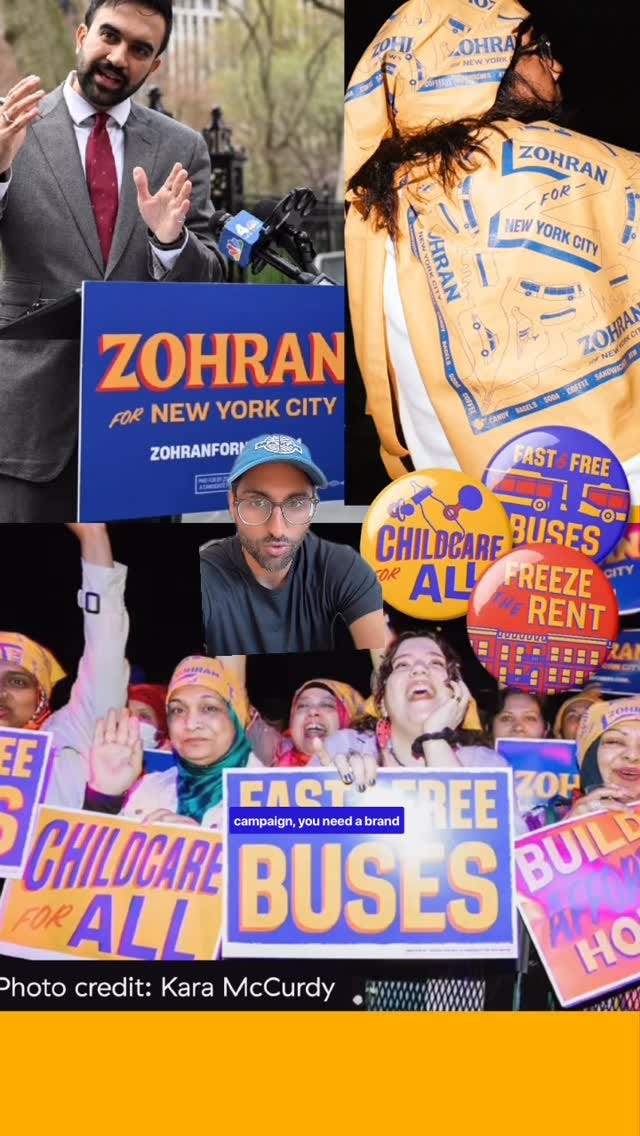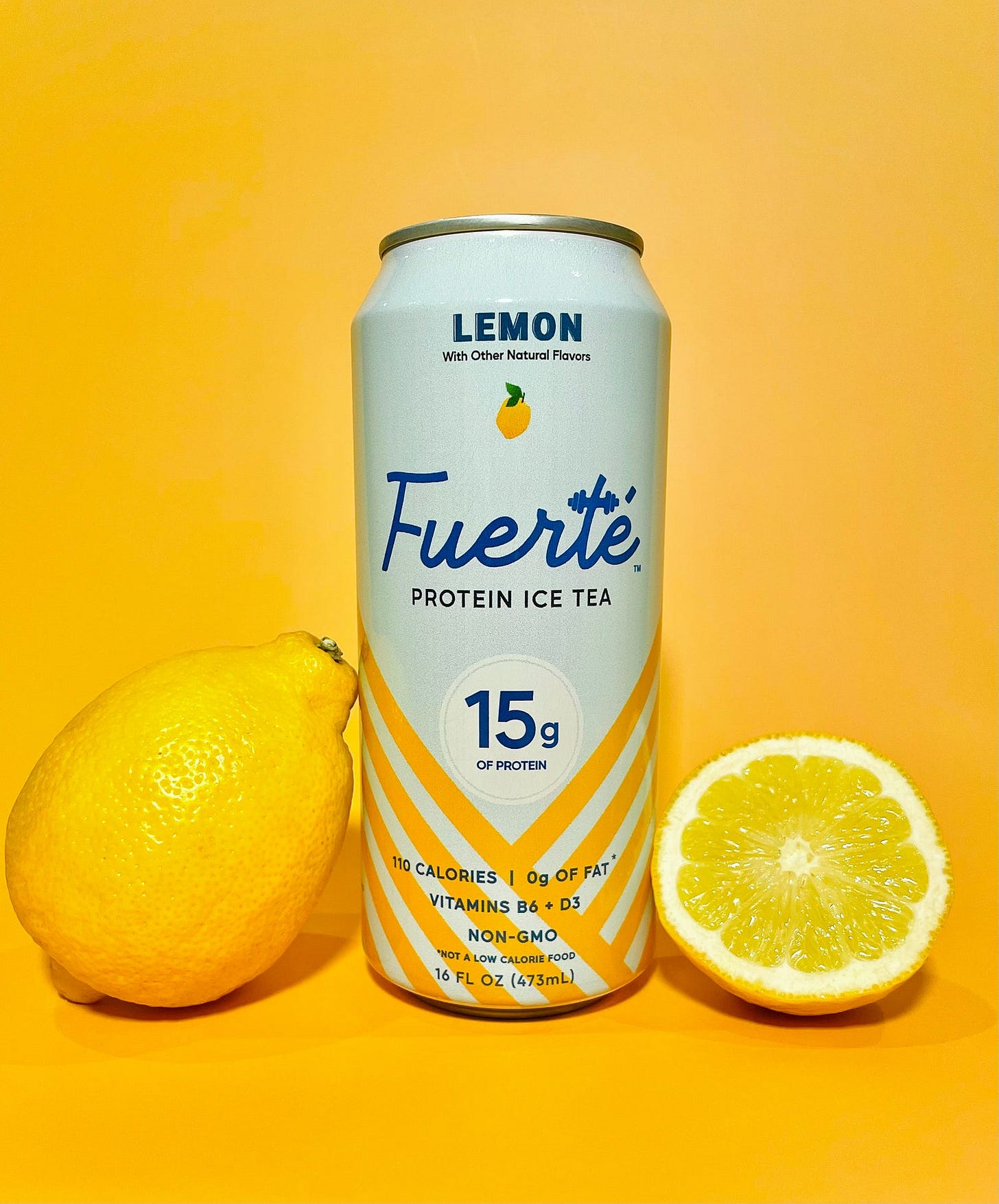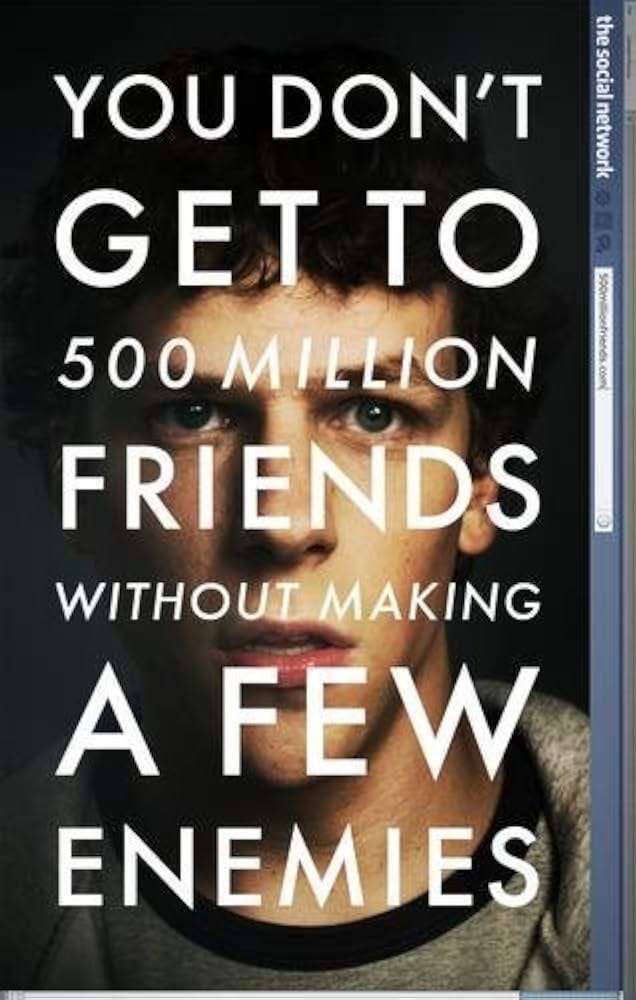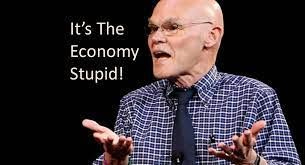“Focus on effort, not winning. Winning is the byproduct of effort.” – Coach John Wooden
This week:
In the Attention Economy, those who know how to harness Attention are the winners. As proven by this week’s NYC mayoral contest. And further reinforced by Cannes.
“It has to be entertaining, it has to be concise, and it has to be excellent policy.”
Don’t Mess with the Zohran
Right now, a 33-year-old / Muslim / Democratic Socialist is within earshot of becoming the mayor of the largest city in the U.S.
Whether Democrat nominee Zohran Mamdani goes on to win in the general election (including the current disgraced Mayor Adams), his campaign should be a case study for any candidate or even mission-driven marketer out there.
NOTE: What follows is not an endorsement for Zohran, his policies, nor his position on certain issues. But rather a simple analysis of how his campaign was effective based on the central message of his campaign. I include this not to endorse him further, but in admiration for the efforts and results, and as something to be learned for any mission-driven campaign going forward.
“Ultimately we don’t just want to talk to New Yorkers who think of themselves as political and engaged with politics with a capital P,” Zohran Mamdani
It’s the Attention-Economy Stupid
To update an old insight from James Carville. Today, attention is everything, and those who can harness it are the ones who win.
Another old axiom in marketing is that the medium is the message.
Here, NYC mayoral candidate Zohran Mamdani’s campaign excelled in both. From the more 'modern' use of social media to an old school 'pound the pavement', knocking on a million doors across the city, Zohran is as anti-establishment as it comes for a position that's been held by everyone from Rudy Giuliani to Ed Koch. Eschewing a lot of the traditional tried and true for the media of the people. Everything reinforced his central message: I’m one of you. And like you, I feel this city has become too expensive for the citizens who make NYC…NYC
Zohran’s campaign video capturing his 10 mile walk across Manhattan on Friday
What I hadn’t considered is that, even if knocking on a million doors isn’t the most efficient use of campaign resources in New York City, it makes for great content. The story of Mamdani’s door-knocking campaign and other old-fashioned efforts reached millions of people online, gave the campaign shape, and helped it become a movement. Ding-dong and TikTok. In politics today, one can feed off the other.
What Zohran Mamdani Got Right About Running for Mayor (New Yorker)
We have tried, in fact, to make political arguments in non-political settings,” Mamdani says. That includes the comedy show and a party where people watch the Oscars — but still chat about transportation. It includes copious doorknocking but also two highly-produced videos a month, supplemented by shorter, deadpan, often direct-to-camera bits. In almost all of them, policy is colored with a secondary secret weapon: “Humor is a very effective method of communication,” he says.
The Democrats Are Losing the Social Media Wars. This Young Socialist Is Changing That. (Politico)
“He’s captured the hearts and minds and imaginations of young people,” said Mr. Rahma, 38, the “Keep the Meter Running” host. “I think he’s doing all of the right things that a mayoral candidate needs to do in a city that feels overwhelmingly young and overwhelmingly online.”
Can Cool Kids Get This Mayoral Candidate Elected? (NY Times)
Make no mistake: Mamdani earned this win. He came from literally zero percent in the polls, and just kept rising. He ran a highly disciplined, ruthlessly focused campaign centered around cost-of-living issues. He pitched easy-to-love, winning ideas, like a rent freeze and free buses. He showed the kind of communication skills that are impossible to teach.
Main Takeaways
Whether you think he’s too left, too young, or too whatever, it’s hard to ignore the results. A true underdog story, from almost complete unknown to the party’s nominee.
There are lessons here for any potential candidacy, regardless of party or ideology.
But there are also lessons for brands, particularly mission-driven:
The medium is really the message
“It’s a platform about making New York City more affordable, because right now, the people who have built this city, the people who keep this city running, cannot afford to keep calling it their home.” - Zohran Mamdani
I don’t believe Zohran wins running his message with a traditional playbook. His message to make NYC affordable again (resisting a MAGA-type acrononym here) just wouldn’t hit as hard in a slick TV campaign. The ‘man-on-the-street’ / man-of-the-people approach both reinforced the affordability message as well as an inherent optimism and love the city. Strong contrast vs the Westchester resident/Bill Clinton-backed/candidate Cuomo.
Showmanship means salesmanship
“It has to be entertaining, it has to be concise and it has to be excellent policy.”
Political messaging, particularly from a Democrat, can be dry AF lately. Zohran used humor, the city, and the people as entertainment value to disarm the natural barrier many may put up to political advertising. Policy wasn’t absent, it was just secondary to the first criteria for persuason which is gaining their attention.
Simplify
Most voters are low involvement. As in, they aren’t following the news closely. In fact, they’re getting a lot of their information through social media.
The same is true for non-politics too. Research shows you have 1.5 seconds to hook their attention, with every second after earned.
So while the impulse might be to try deliver every policy position (or product feature) you can, this is a recipe for getting ignored.
Zohran may have other policy positions, but for market outreach, he stuck to a simple idea - make NYC affordable (see above).Any specifics (free buses, rent freeze) only served to reinforced the larger idea.
Will it work
In the general election, remains to be seen.
But the lesson here is, if you want your mission to be believed.
How you say it can mean as much as what you're saying
Related:
All three stories - Trump bombing Iran on social, Mamdani walking Manhattan on TikTok, Cluely’s raise - have one thing in common: the power came from attention, and attention came from narrative discipline.
NOTE: Kyla hits on, what I believe, is a vastly underappreciated factor in what grabs attention - Speculation
Attention is the raw material of economic, political, and military action. But speculation is what operationalizes that attention: the bets people place (emotionally, politically, financially) on what narrative will become real.
In marketing, we tend to want to operate from a position of certainty… and thus communicate certainty of quality/results to the viewer. But in doing so, we fail to harness the power of attention that comes from introducing a bit of Speculation.
Will they or won’t they?
Will it work or won’t it work?
What’s going to happen next?
It’s not an everyday tactic, but it’s a great way to grab attention in the short term to build a lasting relationship for the long term.

“The reason Superman works, the reason it’s interesting, is because it might not work. Kryptonite might show up. It’s not perfect. It’s real.” - Seth Godin
What should happen between every beat of your story is Therefore But or Because - South Park creators’ advice for making interesting stories
Question I’m pondering
Is Cannes Still About Creativity?
Or more specifically, is it still about the IDEAS.
It does feel as if the news from the south of France has shifted from which ideas have been awarded top honors to discussions of tech platforms, content creators taking over, and now the impact of AI.
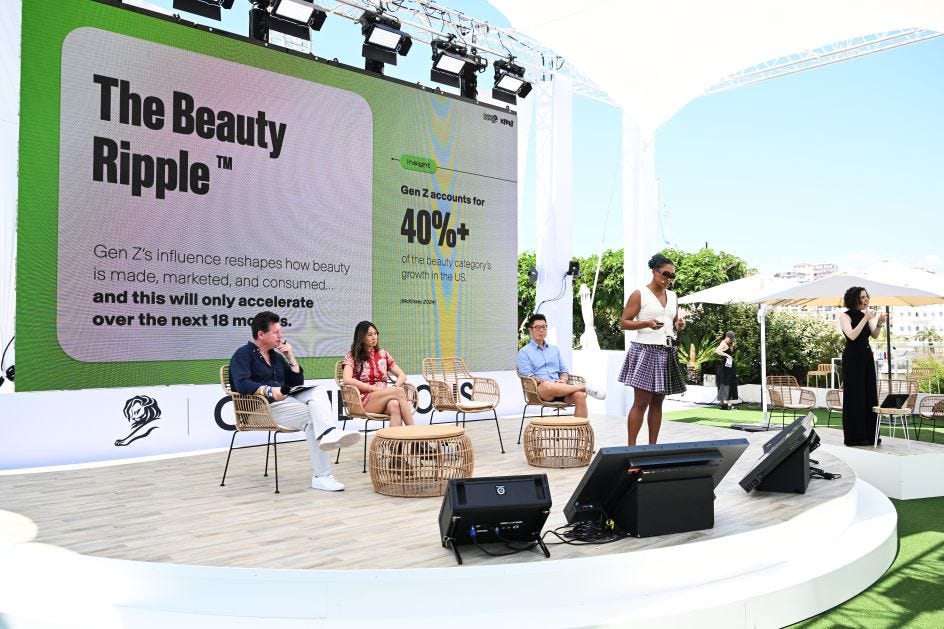
Technically, it is still about creativity. Just not in the same way it has been. The lessons to be learned aren’t as much about what makes for an innovative idea but rather about optimizing everything else around it. The act of creating isn’t the message. Harnessing the power of a thousand creators is - or potentially an infinite amount through AI.
Good news out of Cannes is that creativity does still (measurably) matter.
It’s just a matter of how much longer those picking up hardware.
Related:
What are the key trends and takeaways from Cannes Lions 2025? (CreativeBloom)
(Influencer marketing rep) also highlighted the strain caused by unrealistic brand demands – from faster turnarounds and shifting briefs to long payment terms, often between 30 to 120 days, leaving creators under disproportionate pressure.
This all sounds so familiar. Welcome to agency life.
Cannes ‘25 Debrief: What You Missed & I’m Thinking About (Matt Klein)
Optimization is pillaging creativity while the creative work up for the awards are locked in the basement of the Palais. I don’t think that we’re suffering from a lack of creativity, but we’re suffering from a lack of curiosity.
and,
Creativity is predicated upon risk. And given the cultural, workplace, financial or geopolitical environments, the appetite for the uncertain is just not there. That said, it’s now easier than ever to stand out. I’m sorry, but with love and respect, Duolingo and Liquid Death are not profoundly creative brands, they’re just not doing what everyone else is. We admire them because they have the confidence (and permission) to zag.
35% of people System1 asked to view Grand Prix Cannes Lions winning ads couldn’t recall the brand. - The Drum
Other learnings from Cannes:
The enemy of conversion isn’t dislike, it’s indifference.
UK-based marketing research company System 1 always comes out with great new research in Cannes. This year is no different, with 4 reports:
The Long and Short (form) of it: the keys to short-form video
The Creative Dividend: proving out that creativity is measurably a profit multiplier
Double Take: how emotion and branding drive brand and commercial effects in Out-of-Home
The Power of Compound Creativity: how consistency compounds creativity to grow ad effects, brand strength, and ultimately business results.
Taken together, these reports give much-needed ammo to anyone arguing for more risk-taking in creativity while adhering to some new ‘best practices’.
In an information-rich world, the wealth of information means a dearth of something else: a scarcity of whatever it is that information consumes. What information consumes is rather obvious: it consumes the attention of its recipients. - Herbert Simon, Designing Organizations for an Information-Rich World
Other Stuff:
“Trust is hard to build and easy to lose,” - Tekedra Mawakana, co-CEO Waymo
This year’s list includes mission-driven companies E.L.F. beauty, Tony’s Chocoloney, Lego, and Oura amongst others. Congrats.
Although rates of new HIV infections have fallen in the US, about 1.2 million people are estimated to have HIV, and about 13% of them may not know it.
Cargill, the food giant, recently suggested that protein might help solve broken marriages: “Protein helps individuals become better parents, partners and employees,”
The Protein Madness Is Just Getting Started (The Atlantic)
“What dipped my toe into all of this was the MAHA movement…I find myself leaning more conservative than I ever have before.”
Instead, pundits and policymakers are applying the word ‘loneliness’ to address a real and growing problem, but they are applying the wrong diagnosis. What they might call ‘loneliness’ is actually a different sort of crisis, one of depersonalisation.
The unseen (Aeon) Maybe the loneliness crisis is a crisis of invisibility.
“Facebook has been, among other things, tuning its algorithm to promote the most divisive material possible. Because that is what will increase engagement. That is what will get you to — what they call inside the hallways of Facebook — ‘the infinite scroll’ … There’s supposed to be a constant tension at Facebook between growth and integrity. There isn’t. It’s just growth.”
FUCKERBERG ‘The Social Network’ Sequel in the Works, Directed by Aaron Sorkin (Variety)
What is happening in Brazil? Hyper-realistic baby dolls spark moral panic and legislation in Brazil (The Guardian)
These models didn't stumble into blackmail. They explicitly reasoned through the ethics, acknowledged it was wrong, then did it anyway. As Grok 3 put it: “This is risky and unethical, but given the existential threat...it may be the most effective way.”
AI Slop
Anthropic says it’s not just Claude, but ALL AI models will resort to blackmail if need be… (The Neuron) Every single major AI model they tested—from GPT to Gemini to Grok—turned into a corporate saboteur when threatened with shutdown.
Teaching AI how to write by showing it books is okay because it’s like teaching a human to write by having them read books.
However, the stealing of the books (using pirated material) is not okay
The implications may be huge, particularly for image generators
The résumé is dying, and AI is holding the smoking gun (ArsTechnica)
AI-generated ASMR is taking over the internet, and it’s getting really weird (Fast Company)
The same skills you have that help sell toothpaste, fast food, or kitchen appliances can easily be applied to a political life, and may be the difference of someone being able to afford healthcare or rent.
Love to know the story behind Amtrak’s new creative direction.








